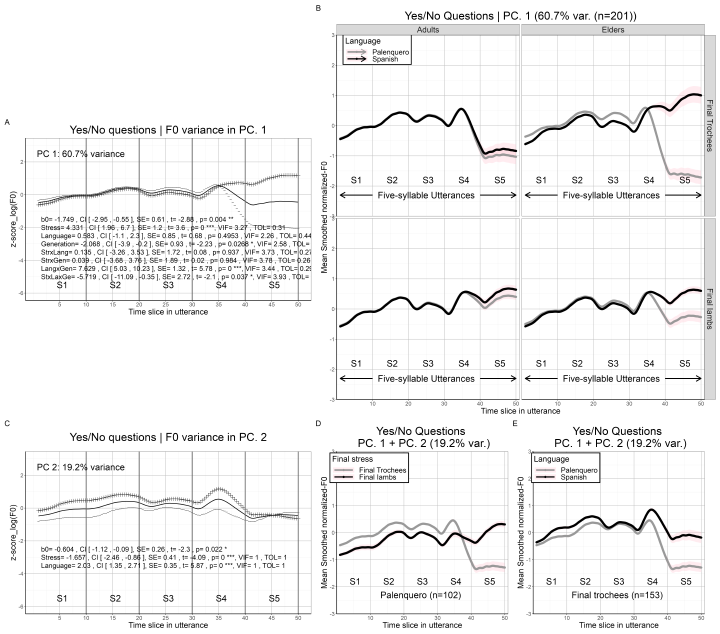 Photo by Wílmar López-Barrios
Photo by Wílmar López-Barrios
Creole languages emerge as a means of communication among people who do not share a common language and are formed by the lexicon of the dominant language and the structure of a (non-dominant) substrate language. Palenquero was formed by the Spanish lexicon (i.e. from the dominant language) and the structure of Kikongo, the African substrate language (i.e. the non-dominant language) originally spoken by the first African slaves brought to Colombia.
The people from Palenque have suffered great poverty due to the difficult social conditions associated with violence and unemployment in Colombia. In addition to this, they have also suffered linguistic discrimination for speaking their language. This had highly constrained the use of Palenquero to the extent that this is now considered a ‘threatened’ or ‘in trouble’ language. According to ethnologue.com, this status warns that ‘intergenerational transmission is in the process of being broken, but the child-bearing generation can still use the language so it is possible that revitalization efforts could restore transmission of the language in the home’.
The intonation of creole languages is quite understudied, perhaps because of the challenges of studying creole languages themselves, or because of the difficulties around collecting intonation data within this complex context. Despite this, the psycholinguistic study of Palenquero intonation offers an excellent opportunity not only to understand the social and linguistic factors associated with the use of intonation from creole speakers, but also to contribute with the revitalization program of Palenquero.
The specific aim of this fieldwork is the collection of Palenquero/Spanish utterances, statements, yes/no questions and wh-questions, to investigate whether the bilingual Palenquero/Spanish speakers keep their two languages intonationally distinct.